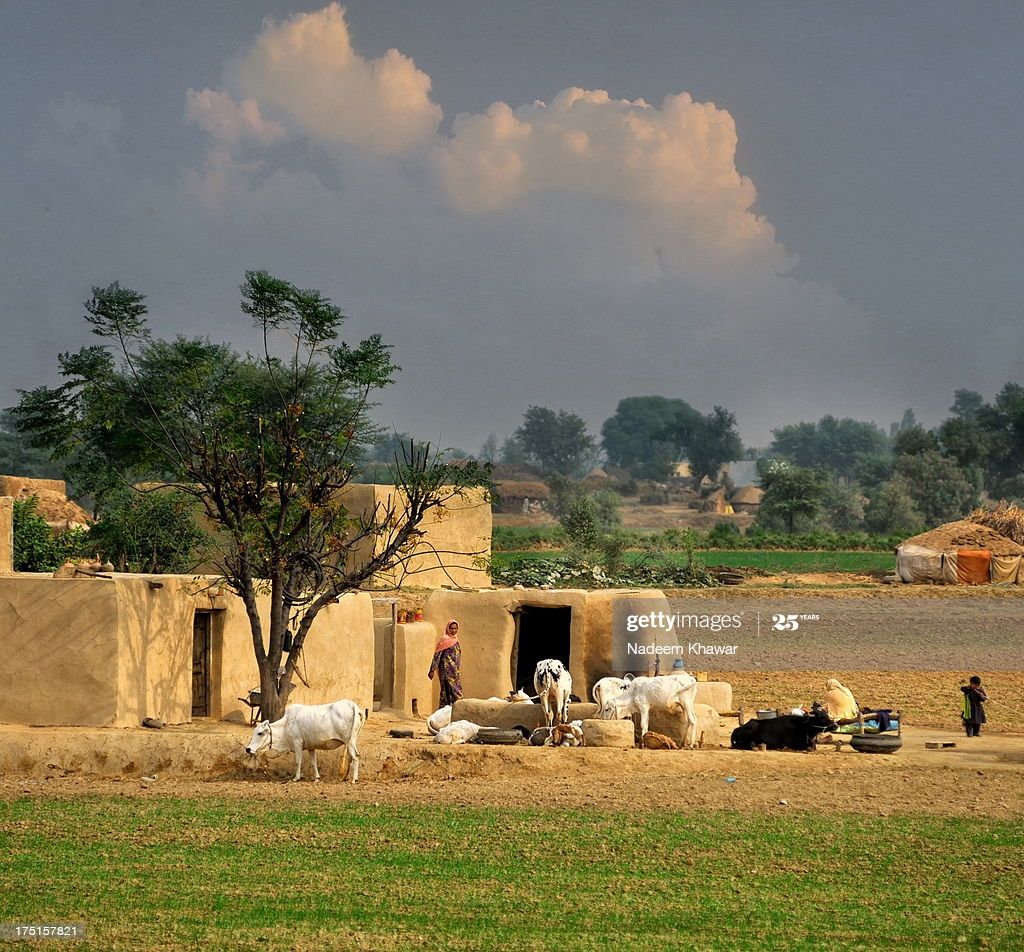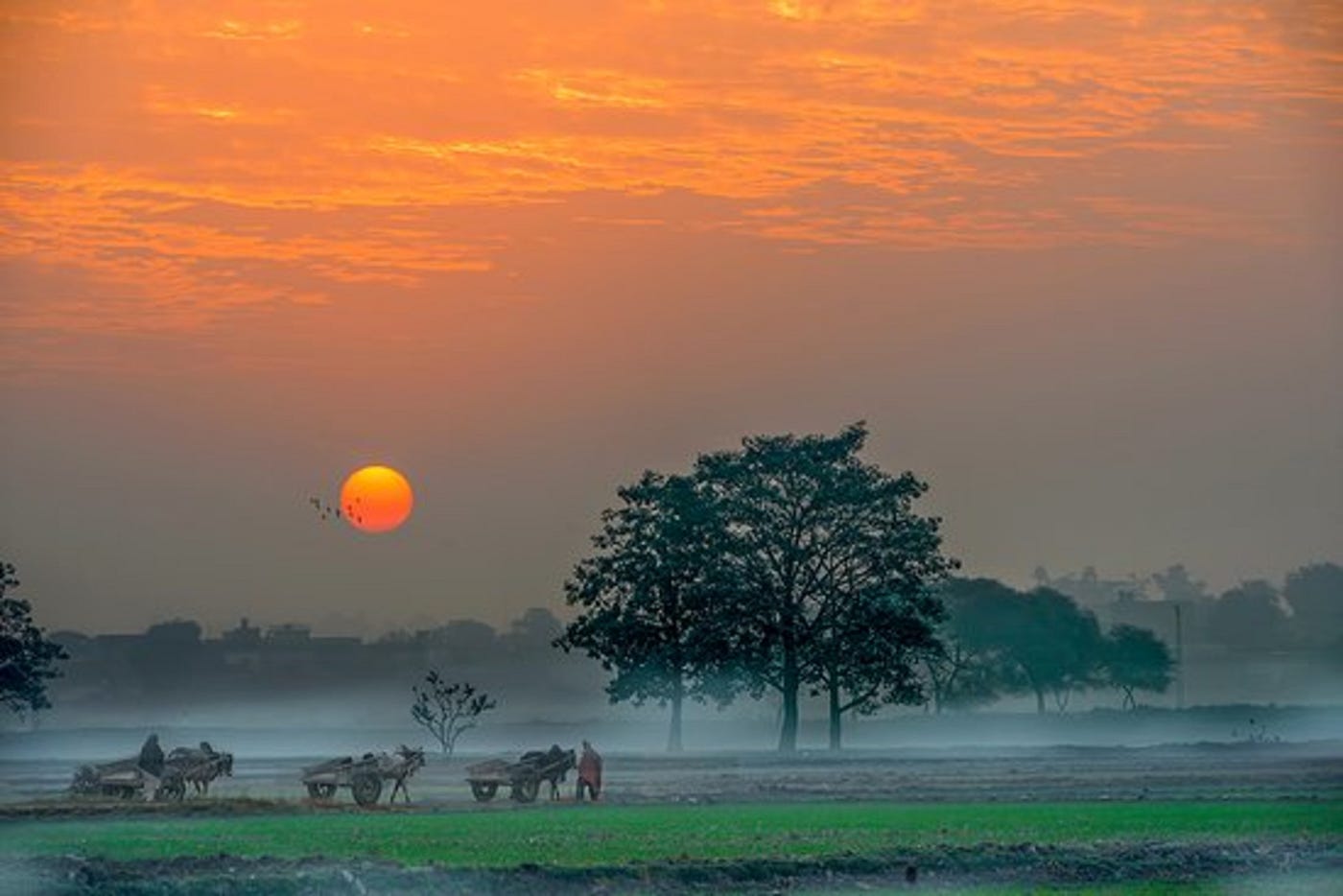ghazi52
PDF THINK TANK: ANALYST

- Joined
- Mar 21, 2007
- Messages
- 104,413
- Reaction score
- 106
- Country
- Location
,.,..,
Death anniversary of Aali Jee

Jamiluddin Aali was born in his maternal grandparents’ home in Koocha-e-Chailaan, Delhi on 20th January 1925. His father, Nawab Sir Amiruddin Ahmad Khan, was the ruler of the State of Loharu in India. Pre-partition, there were 605 States in the Indian sub-continent, of which Loharu was a significant one. Its founder, Fakhr ud Daula Nawab Ahmad Baksh Khan, was Jamiluddin Aali’s great grandfather. The family’s unique recognition was its extraordinary literary background. Jamiluddin Aali’s lineage connects with Mirza Ghalib on the paternal side and with Khwaja Mir Dard on his maternal side. Having completed his primary education at home, he cleared his matriculation in 1940 from Anglo-Arabic School, then intermediate in 1942 and finally obtained a Bachelors of Arts degree from Anglo-Arabic Intermediate College in 1944. His given name was Nawabzada Jamiluddin Ahmad Khan and, having written his first poetic couplet at the age of 14, he chose Aali as his nom de plume in respect of his grandfather Nawab Alauddin Ahmad Khan Alai.
Upon completion of his BA degree and blessed with a poetic temperament, Jamiluddin Aali travelled to Bulandshahr at the invitation of his cousin Sahibzada Samsaamuddin Mirza Feroz. There he met his host’s daughter Tayyaba Bano. Jamiluddin Aali became besotted with her chaste beauty and pleasant demeanor. She was older than he, but his relentless desire for her finally convinced the family and on 20th September 1944 the two were married in a simple, traditional Nikah ceremony.
At this time during Jamiluddin Aali’s life, the Pakistan Movement was at its zenith. From Sir Syed Ahmad Khan and Allama Iqbal’s two-nation theory to the creation of Pakistan, the leaders of the movement undertook a struggle wrought with sacrifice with Quaid e Azam Mohammad Ali Jinnah at the helm. Some respected names of the movement were Nawab Mohsinul Mulk, Maulana Zafar Ali Khan, Mohtarma Fatima Jinnah, Liaquat Ali Khan, Sir Sultan Mohammad Aga Khan, Chaudhry Rehmat Ali, Syed Amir Ali, Abdullah Haroon, A K Fazlul Haq and Nawab Ismail Khan.
Responding to Quaid e Azam’s appeal, Jamiluddin Aali, like hundreds of thousands of others, opted to migrate to the newly born Pakistan. On 13th August 1947, taking a train with his wife Tayyaba Bano and their infant daughter Humaira, he arrived in Karachi. Thus began Jamiluddin Aali’s life in Pakistan. Living in a modest 2 room house on Abbyssinia Lines and overwhelmed with logistical issues emerging from massive migration from India, Jamiluddin Aali remained steadfast in his commitment to Pakistan. In 1951 he cleared the Civil Services of Pakistan examination and was assigned to the Department of Taxation. Finally, he could enjoy some stability in his professional life and progressed to the banking sector where he benefited from the mentorship of Jamil Nishtar, son of Sardar Abdur Rab Nishtar, and participated in the evolution and growth of National Bank of Pakistan. After an association of 22 years, he retired from NBP as Senior Executive Vice President. Jamiluddin Aali’s visionary and multi-faceted personality connected him with well-known, highly respected contemporaries such as Farman Fatehpuri, Gopi Chand Narang, Dr. Abdus Salam, Mumtaz Hassan, Ashfaq Ahmed, Ahmad Nadeem Qasmi, Faiz Ahmed Faiz, Quratulain Haider, Saleem Ahmed and Anne Marie Schimmel.
Jamiluddin Aali’s first poetry collection, titled “Ghazlain, Dohay, Geet”, was published in 1957 after which several publications and continuous editions came forth. His unparalleled achievements have been " La hasil" “Jeevay Jeevay Pakistan”, “Duniya Merey Aagey”, “Dua Karey Chalo”, “Ae Merey Dasht e Sukhan”, and the 10,000 lines epic “Insaan”. His poetry is positive and fresh with an inherent element of modernism, yet the language is simple and permeated with appealing musicality. This signature style has made Jamiluddin Aali’s poetry tremendously popular.
Jamiluddin Aali’s writings go beyond poetry and he expresses his views and concerns about societal changes through these. For 8 years, he remained closely associated with Mir Khalil ur Rehman and had an opinion column published in Jang newspaper. He wrote extensively against gender discrimination in society, especially related to economic exploitation through dowry and similar gender related practices.
Pakistan Arts Council, Urdu Language Board, National Book Foundation, National language Authority and Pakistan Academy of Letters are some of the esteemed institutions which have benefited from Jamiluddin Aali’s literary thought leadership. He undertook the challenging task of bringing writers to one platform. His efforts bore fruit when 212 Pakistani writers and poets participated in the All Pakistan Writers’ Convention held in 1959 in Karachi, resulting in the creation of the Writers’ Guild.
Collaborating with Farhad Zaidi, Jamiluddin Aali participated in a television program titled “Duniya e Pakistan” which focused on identifying the country’s problems and discussing ways and means to overcome them. The intelligentsia of Pakistan – writers, thinkers, economic experts, sociologists etc. – participated in the program with proposals.
The renowned “Anjuman e Tarraqi e Urdu” and its erstwhile Secretary Maulvi Abdul Haq, also known as “Baba e Urdu”, held a special place in Jamiluddin Aali’s heart. He took the reigns as Secretary after the demise of Baba e Urdu and passionately pursued the charter of sponsoring and supporting publishing houses, academies and libraries. The institute boasts over 60,000 publications currently, many of which are translations and publications commissioned by Jamiluddin Aali. It was his practice to pen the preface to these literary pieces under the title “Harf e Chand” or “A Few Words”.
In 1966, Urdu College for the Arts was set up under the auspices of “Anjuman e Tarraqi e Urdu” and Jamiluddin Aali was appointed to manage it, which he did until the institution was nationalized in 1973. During an official visit to China, he was able to bring the college to Chinese Premier Chou En Lai’s attention and received a substantial development grant from the Chinese Government. This was utilized to construct the science section of Urdu College in Gulshan e Iqbal, 20 acres of land for which was purchased by the college in 1964. Due to Jamiluddin Aali’s untiring efforts, Urdu College received charter as a University in 2002.
For the historic Islamic Summit held in Pakistan in 1974, Jamiluddin Aali wrote these lyrics which symbolized the collective, collaborative spirit of Muslim nations across the world:
Over the course of Pakistan’s existence, whenever the country was faced with a difficult situation related to its integrity and security, Jamiluddin Aali responded promptly and vociferously through his heartwarming poetry which imbued the nation’s heart with hope and a spirit to prevail and rebuild. His poetry inspires a deep sense of patriotism. A thought leader sets his vision on the future and, through his writings, identifies possibilities for forward and upward change. Thus, he becomes an agent for positive change, a role than has defined Jamiluddin Aali throughout his journey,
On 16th September 2013, Jamiluddin Aali bore the tragedy of his beloved wife Tayyaba Bano’s demise, and on 23rd November 2015, at the age of 90, he left for his heavenly abode. He is buried alongside his mother and wife, in Karachi.
Jamiluddin Aali was a passionate poet who ventured forth to pursue his dreams and in the process ignited the spirit of young Pakistan in such a way that he will forever remain a beacon for coming generations.
Courtesy : Murad Jamil
Death anniversary of Aali Jee
Jamiluddin Aali was born in his maternal grandparents’ home in Koocha-e-Chailaan, Delhi on 20th January 1925. His father, Nawab Sir Amiruddin Ahmad Khan, was the ruler of the State of Loharu in India. Pre-partition, there were 605 States in the Indian sub-continent, of which Loharu was a significant one. Its founder, Fakhr ud Daula Nawab Ahmad Baksh Khan, was Jamiluddin Aali’s great grandfather. The family’s unique recognition was its extraordinary literary background. Jamiluddin Aali’s lineage connects with Mirza Ghalib on the paternal side and with Khwaja Mir Dard on his maternal side. Having completed his primary education at home, he cleared his matriculation in 1940 from Anglo-Arabic School, then intermediate in 1942 and finally obtained a Bachelors of Arts degree from Anglo-Arabic Intermediate College in 1944. His given name was Nawabzada Jamiluddin Ahmad Khan and, having written his first poetic couplet at the age of 14, he chose Aali as his nom de plume in respect of his grandfather Nawab Alauddin Ahmad Khan Alai.
Upon completion of his BA degree and blessed with a poetic temperament, Jamiluddin Aali travelled to Bulandshahr at the invitation of his cousin Sahibzada Samsaamuddin Mirza Feroz. There he met his host’s daughter Tayyaba Bano. Jamiluddin Aali became besotted with her chaste beauty and pleasant demeanor. She was older than he, but his relentless desire for her finally convinced the family and on 20th September 1944 the two were married in a simple, traditional Nikah ceremony.
At this time during Jamiluddin Aali’s life, the Pakistan Movement was at its zenith. From Sir Syed Ahmad Khan and Allama Iqbal’s two-nation theory to the creation of Pakistan, the leaders of the movement undertook a struggle wrought with sacrifice with Quaid e Azam Mohammad Ali Jinnah at the helm. Some respected names of the movement were Nawab Mohsinul Mulk, Maulana Zafar Ali Khan, Mohtarma Fatima Jinnah, Liaquat Ali Khan, Sir Sultan Mohammad Aga Khan, Chaudhry Rehmat Ali, Syed Amir Ali, Abdullah Haroon, A K Fazlul Haq and Nawab Ismail Khan.
Responding to Quaid e Azam’s appeal, Jamiluddin Aali, like hundreds of thousands of others, opted to migrate to the newly born Pakistan. On 13th August 1947, taking a train with his wife Tayyaba Bano and their infant daughter Humaira, he arrived in Karachi. Thus began Jamiluddin Aali’s life in Pakistan. Living in a modest 2 room house on Abbyssinia Lines and overwhelmed with logistical issues emerging from massive migration from India, Jamiluddin Aali remained steadfast in his commitment to Pakistan. In 1951 he cleared the Civil Services of Pakistan examination and was assigned to the Department of Taxation. Finally, he could enjoy some stability in his professional life and progressed to the banking sector where he benefited from the mentorship of Jamil Nishtar, son of Sardar Abdur Rab Nishtar, and participated in the evolution and growth of National Bank of Pakistan. After an association of 22 years, he retired from NBP as Senior Executive Vice President. Jamiluddin Aali’s visionary and multi-faceted personality connected him with well-known, highly respected contemporaries such as Farman Fatehpuri, Gopi Chand Narang, Dr. Abdus Salam, Mumtaz Hassan, Ashfaq Ahmed, Ahmad Nadeem Qasmi, Faiz Ahmed Faiz, Quratulain Haider, Saleem Ahmed and Anne Marie Schimmel.
Jamiluddin Aali’s first poetry collection, titled “Ghazlain, Dohay, Geet”, was published in 1957 after which several publications and continuous editions came forth. His unparalleled achievements have been " La hasil" “Jeevay Jeevay Pakistan”, “Duniya Merey Aagey”, “Dua Karey Chalo”, “Ae Merey Dasht e Sukhan”, and the 10,000 lines epic “Insaan”. His poetry is positive and fresh with an inherent element of modernism, yet the language is simple and permeated with appealing musicality. This signature style has made Jamiluddin Aali’s poetry tremendously popular.
Jamiluddin Aali’s writings go beyond poetry and he expresses his views and concerns about societal changes through these. For 8 years, he remained closely associated with Mir Khalil ur Rehman and had an opinion column published in Jang newspaper. He wrote extensively against gender discrimination in society, especially related to economic exploitation through dowry and similar gender related practices.
Pakistan Arts Council, Urdu Language Board, National Book Foundation, National language Authority and Pakistan Academy of Letters are some of the esteemed institutions which have benefited from Jamiluddin Aali’s literary thought leadership. He undertook the challenging task of bringing writers to one platform. His efforts bore fruit when 212 Pakistani writers and poets participated in the All Pakistan Writers’ Convention held in 1959 in Karachi, resulting in the creation of the Writers’ Guild.
Collaborating with Farhad Zaidi, Jamiluddin Aali participated in a television program titled “Duniya e Pakistan” which focused on identifying the country’s problems and discussing ways and means to overcome them. The intelligentsia of Pakistan – writers, thinkers, economic experts, sociologists etc. – participated in the program with proposals.
The renowned “Anjuman e Tarraqi e Urdu” and its erstwhile Secretary Maulvi Abdul Haq, also known as “Baba e Urdu”, held a special place in Jamiluddin Aali’s heart. He took the reigns as Secretary after the demise of Baba e Urdu and passionately pursued the charter of sponsoring and supporting publishing houses, academies and libraries. The institute boasts over 60,000 publications currently, many of which are translations and publications commissioned by Jamiluddin Aali. It was his practice to pen the preface to these literary pieces under the title “Harf e Chand” or “A Few Words”.
In 1966, Urdu College for the Arts was set up under the auspices of “Anjuman e Tarraqi e Urdu” and Jamiluddin Aali was appointed to manage it, which he did until the institution was nationalized in 1973. During an official visit to China, he was able to bring the college to Chinese Premier Chou En Lai’s attention and received a substantial development grant from the Chinese Government. This was utilized to construct the science section of Urdu College in Gulshan e Iqbal, 20 acres of land for which was purchased by the college in 1964. Due to Jamiluddin Aali’s untiring efforts, Urdu College received charter as a University in 2002.
For the historic Islamic Summit held in Pakistan in 1974, Jamiluddin Aali wrote these lyrics which symbolized the collective, collaborative spirit of Muslim nations across the world:
Over the course of Pakistan’s existence, whenever the country was faced with a difficult situation related to its integrity and security, Jamiluddin Aali responded promptly and vociferously through his heartwarming poetry which imbued the nation’s heart with hope and a spirit to prevail and rebuild. His poetry inspires a deep sense of patriotism. A thought leader sets his vision on the future and, through his writings, identifies possibilities for forward and upward change. Thus, he becomes an agent for positive change, a role than has defined Jamiluddin Aali throughout his journey,
On 16th September 2013, Jamiluddin Aali bore the tragedy of his beloved wife Tayyaba Bano’s demise, and on 23rd November 2015, at the age of 90, he left for his heavenly abode. He is buried alongside his mother and wife, in Karachi.
Jamiluddin Aali was a passionate poet who ventured forth to pursue his dreams and in the process ignited the spirit of young Pakistan in such a way that he will forever remain a beacon for coming generations.
Courtesy : Murad Jamil













